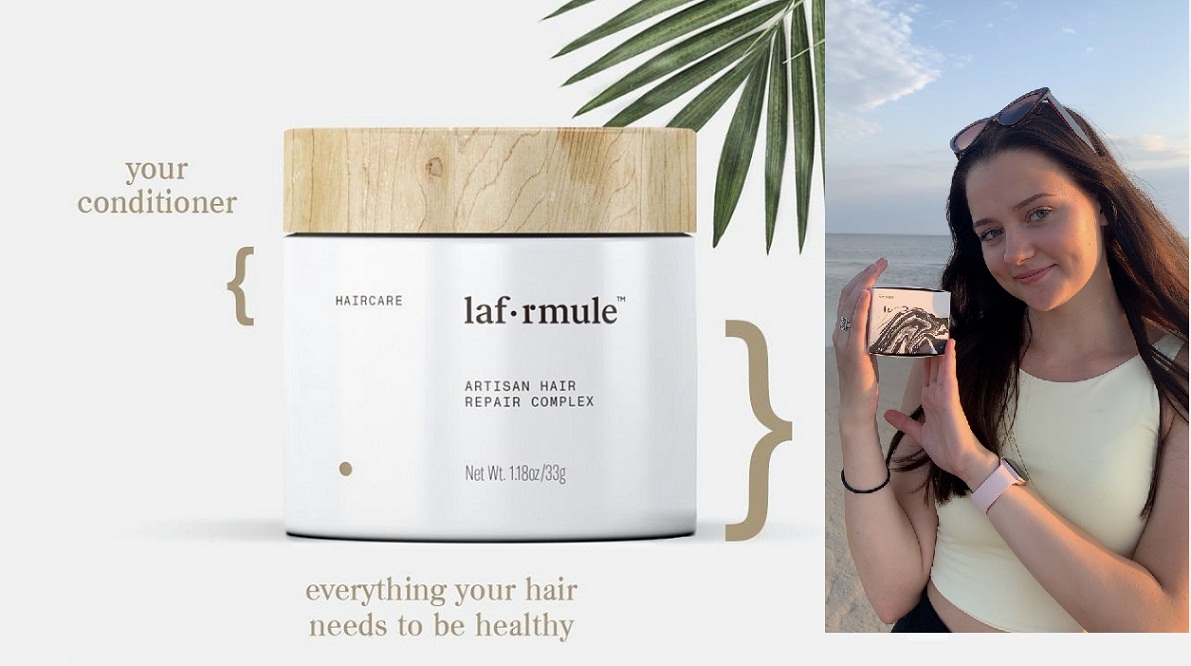Women’s hair loss affects around 40% of Canadian women. Around 50 to 150 hairs are shed each day” says Dr. Hugh Rushton, a trichologist at the University of Portsmouth’s School of Pharmacy. This will differ from person to person, but as long as new hairs are created at the same rate, the scalp is healthy. When an individual’s hair-shedding tendencies change, when hair regeneration slows or stops completely then it’s time to start worrying. Women lose their hair in more dispersed patterns than men, so they will notice thinning hair rather than bald areas.
Why Hair fall happens most in Canada
While many women have genetic hair loss, such as the autoimmune illness Alopecia, which affects about one in every 50 people, there are also non-genetic causes.
- Hormonal imbalances or alterations
Hair loss can be caused by pregnancy, childbirth, menopause, or an underactive/overactive thyroid. After giving delivery, between 20 and 45 percent of moms lose hair when their estrogen and progesterone levels drop and their hair follicles enter the dormant phase. Fortunately, most women’s hair regrows nine to twelve months following the birth of their kid. The same is true for other hormonal changes: hair will regrow after your body adjusts or the imbalance is repaired.
- Stress
Although ordinary tensions are unlikely to cause a woman to lose her hair, significant stress, such as a family death, divorce, or losing/starting a career, might influence her since hair follicles are essentially shocked into an inactive condition. Sudden stress-related hair loss is characterized by thinning hair all over the scalp.
- Excessive styling
For the sake of beauty, women commit a lot of harm to their hair: coloring, straightening treatments, weaves, and extensions may all make hair dry and brittle, resulting in strands or entire sections falling off.
Best way to deal with hair fall
- Make sure you’re getting your vitamins
Consult with your doctor and take a prescription;prescription drugs from Canada are not very hard to find. You can find it from an online store or a local pharmacy.
Biotin (Vitamin B7) has been proven to increase hair growth and strength, according to most doctors. For pregnant women, antenatal vitamins generally result in fuller hair, feel free to continue taking them after the baby is born.
- Make use of a deep conditioner.
You can get a treatment at the salon or ask your stylist for some DIY ideas (they might even recommend you do both). Just be careful not to over-condition the hair because it will become limp, weak, and unable to hold curls, resulting in a lot of shedding.
- Only use clip-on extensions
If you are using hair extensions make sure they’re clip-on. You can wear them at night because they don’t exert strain on the scalp as braided hairstyles do. They shouldn’t hurt either.
- Hair transplant surgery
Some women respond well to this, but not all. With time, hair transplantation has evolved, resulting in better results, a more natural appearance, and more coverage. The Microscopic Follicular Unit Transplant procedure is a cutting-edge hair loss treatment that produces more natural-looking results than less precise options.
These are a few beneficial ways to deal with hair loss without putting a dent in your wallet and without compromising your hair health.



